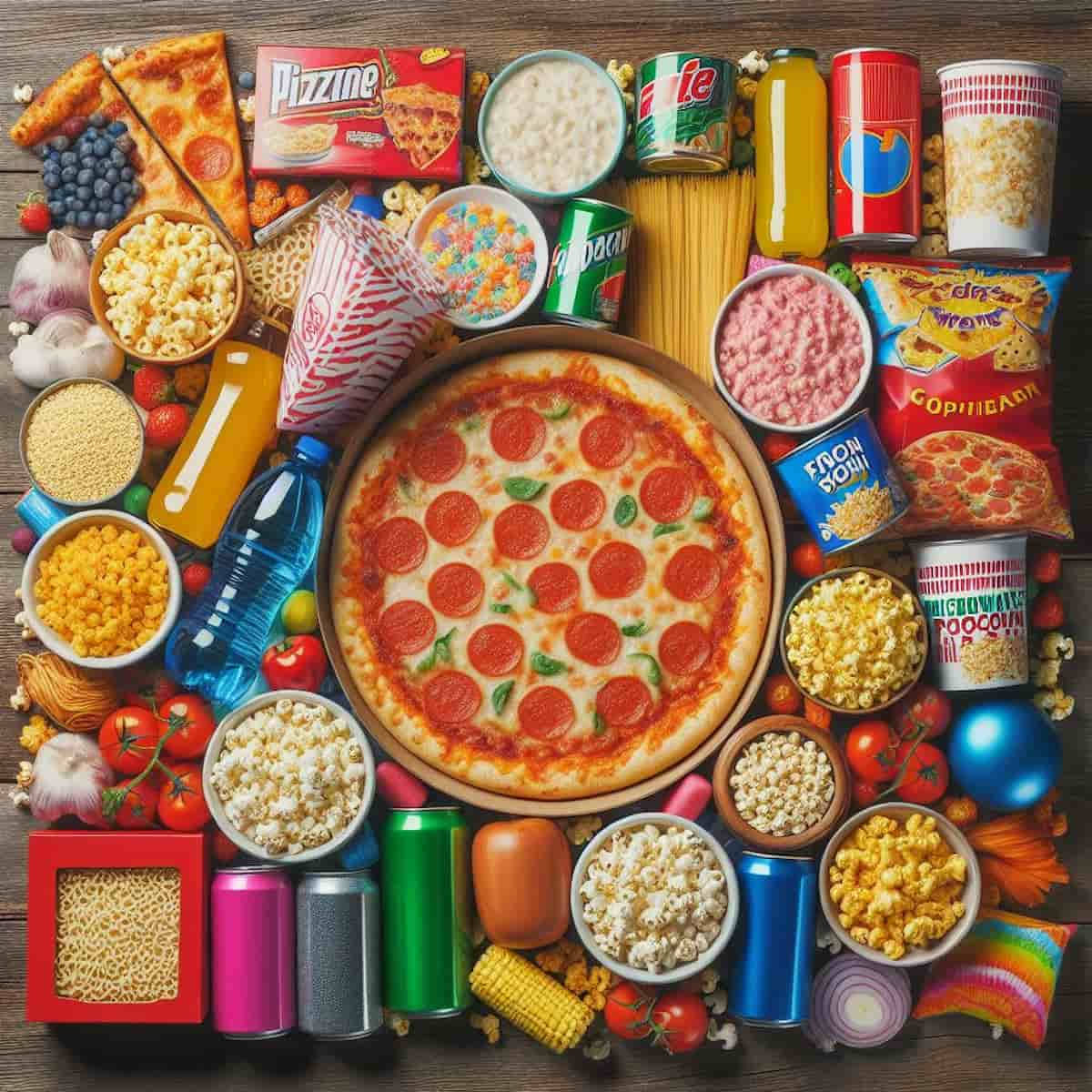Are processed foods quietly conspiring against your health? Let’s delve into the intricate connection between these convenient but often unhealthy options and the risk of cancer.
Key Takeaways:
- Certain additives and preservatives used in processed foods have been linked to an increased risk of cancer.
- Processed foods may contain carcinogenic compounds formed during processing or cooking at high temperatures.
- Choosing whole, unprocessed foods and minimizing processed options can help reduce the risk of cancer.
1. Additives and Preservatives
- Processed foods often contain additives and preservatives to enhance flavor, texture, and shelf life.
- Some of these additives, such as sodium nitrite and nitrates used in processed meats, have been associated with an increased risk of cancer, particularly colorectal cancer.
2. Carcinogenic Compounds
- Certain carcinogenic compounds can form during the processing or cooking of processed foods, especially when exposed to high temperatures.
- For example, acrylamide, a compound formed during the frying or baking of starchy foods, has been classified as a probable human carcinogen by the International Agency for Research on Cancer (IARC).
3. High in Unhealthy Fats
- Processed foods are often high in unhealthy fats, such as saturated and trans fats, which have been linked to an increased risk of certain types of cancer, including breast and colorectal cancer.
4. Lack of Nutrient Density
- Despite their calorie density, processed foods often lack essential nutrients like fiber, vitamins, and minerals that are important for cancer prevention and overall health.
- Consuming a diet high in processed foods may lead to nutrient deficiencies and increase the risk of cancer-related complications.
5. Excessive Sodium
- High sodium levels in processed foods have been linked to an increased risk of stomach cancer.
- Excess sodium intake can also contribute to hypertension and cardiovascular complications, which are risk factors for certain types of cancer.
Conclusion:
The relationship between processed foods and cancer risk is multifaceted, with factors such as additives, preservatives, carcinogenic compounds, unhealthy fats, and nutrient deficiencies all playing a role in increasing the likelihood of cancer development.
By prioritizing whole, unprocessed foods and minimizing processed options, you can reduce your exposure to potentially harmful compounds and support overall health and well-being. Opt for fresh fruits and vegetables, lean proteins, whole grains, and healthy fats to nourish your body and reduce the risk of cancer-related complications.
Remember, every bite counts when it comes to cancer prevention. By making informed choices and prioritizing your well-being, you can take control of your health and reduce your risk of cancer.
Now, armed with insights into the connection between processed food and cancer risk, let’s make choices that support our health and vitality.















